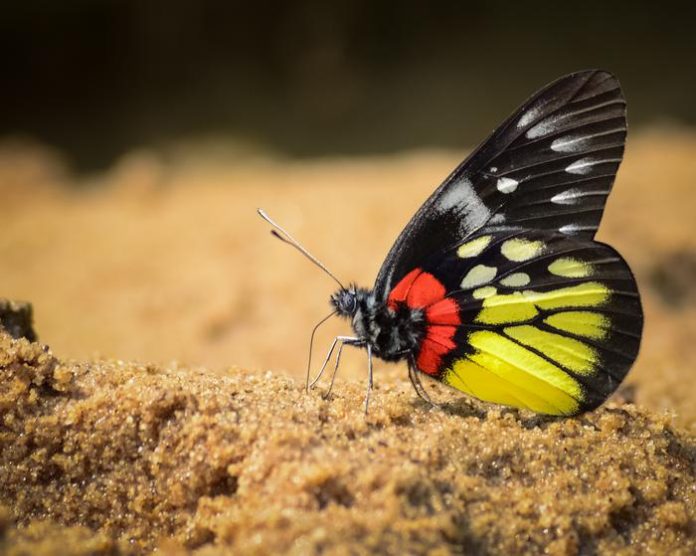Nature photographers using social media are making significant contributions to biodiversity conservation mapping in South Asia, with the potential for a global impact. Dr. Shawan Chowdhury led an international team that utilized images from Facebook nature photography groups in Bangladesh to enhance the Global Biodiversity Information Facility database. The researchers discovered 44,000 photos of nearly 1,000 animal species, including many threatened species in Bangladesh. This data substantially improved habitat mapping in a country where only 4.6% of the land is designated as protected. The study identified high-priority conservation areas covering 4,000 square kilometers for birds and 10,000 square kilometers for butterflies. The findings suggest that social media platforms can revolutionize the way scientists gather biodiversity information, particularly in regions lacking reliable monitoring for conservation efforts.
In Australia, a similar approach is being used to track pest species. The movement, ecology, and colonization status of the tawny coster butterfly, which entered Australia in 2012, were analyzed using additional locality records found on Facebook. The study revealed that the species expanded at a rate of approximately 135 kilometers per year from 2012 to 2020.
Co-author Professor Richard Fuller highlights the challenges faced in manually collecting this information from social media platforms and envisions opportunities for social media companies to develop automated solutions. The researchers propose the creation of technology, such as an app, that can transfer biodiversity data posted on Facebook directly to global biodiversity databases, facilitating easy access for conservation scientists.
The study, published in Bioscience, One Earth, and Conservation Biology, showcases the potential for social media to play a crucial role in biodiversity monitoring and conservation efforts globally.















